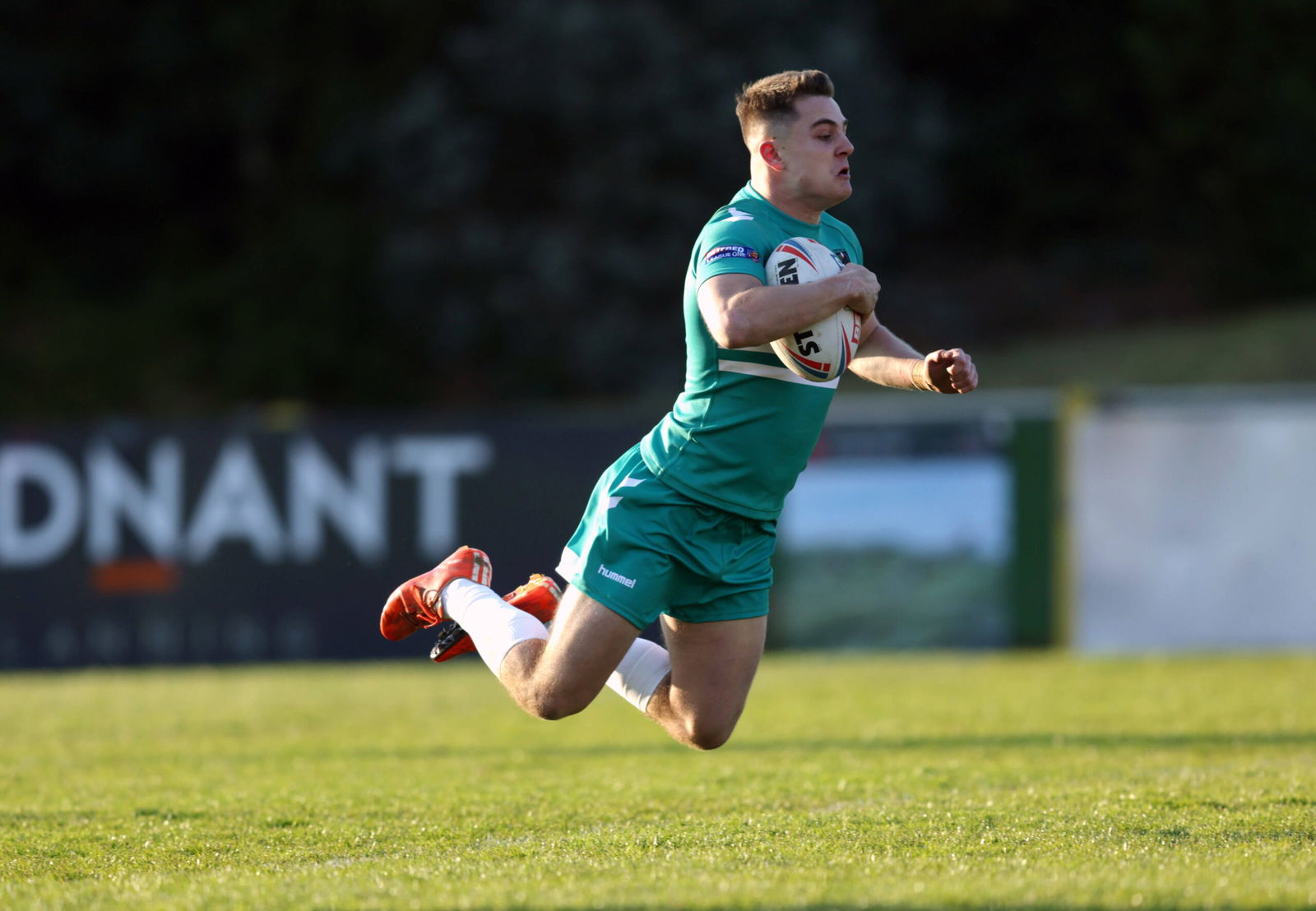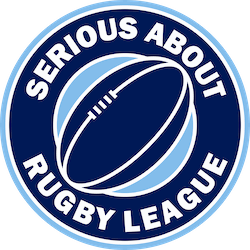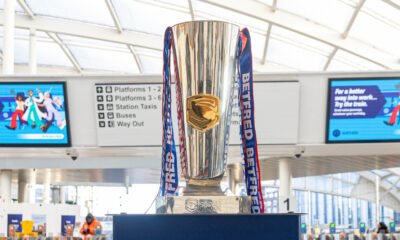
UK Anti-Doping (UKAD) has today confirmed that Rugby League player Harry Aaronson received a one-month ban from all sport following an Anti-Doping Rule Violation (ADRV) for the presence of a Prohibited Substance in his urine Sample.
The former Wigan Warriors and Huddersfield Giants academy player has already served his ban and will be available at the start of next season.
On 21 May 2023, UKAD collected an In-Competition urine Sample from Mr Aaronson at a Betfred League 1 game between Rochdale Hornets and Cornwall RLFC. Analysis of this Sample returned an Adverse Analytical Finding (AAF) for cocaine and its Metabolite benzoylecgonine.
Cocaine is listed under section S6A of the World Anti-Doping Agency (WADA) 2023 Prohibited List as a stimulant. It is a non-Specified Substance that is prohibited In-Competition only and known as a ‘Substance of Abuse’.
The UK Anti-Doping Rules (ADR), which implement the 2021 World Anti-Doping Code for sports in the UK, set out specific rules on how ADRVs relating to Substances of Abuse should be managed. Shorter bans of three months are available for such substances when found In-Competition if their ingestion takes place Out-of-Competition and in a context unrelated to sport performance. A further reduction in the length of ban, down to one-month, is available if an Athlete satisfactorily completes a Substance of Abuse treatment programme approved by UKAD.
On 3 July 2023, UKAD notified Mr Aaronson that he may have committed ADRVs in violation of the ADR. Mr Aaronson was also provisionally suspended from this date.
On 7 and 14 July 2023, Mr Aaronson responded to UKAD’s notice letter, admitting that he had taken cocaine recreationally in a social setting during the Out-of-Competition period. UKAD instructed a scientific expert to examine whether the concentration of cocaine and its Metabolite benzoylecgonine detected in Mr Aaronson’s Sample was consistent with the explanation he provided. The scientific expert’s opinion was that Mr Aaronson’s explanation was plausible.
UKAD charged Mr Aaronson on 1 September 2023 with the commission of an ADRV under ADR Article 2.1 (presence of a Prohibited Substance or its Metabolites or Markers in an Athlete’s Sample). On 4 September 2023, Mr Aaronson accepted the charge and informed UKAD that he had completed a Substance of Abuse treatment programme, and shared the treatment programme report with UKAD. UKAD reviewed the contents of the report and in accordance with its own policy ‘Substances of Abuse: Policy for determining approved treatment programmes’ was able to grant a reduced period of Ineligibility of one month.
Mr Aaronson has been afforded credit for the time he has spent provisionally suspended (since 3 July 2023). Mr Aaronson’s period of Ineligibility is therefore deemed served and he is free to resume participation in sport.
Speaking on the case, UKAD Director of Operations, Hamish Coffey said:
“Athletes need to abide by the Anti-Doping Rules and know that using cocaine and other ‘recreational drugs’ Out-of-Competition can still result in a ban from sport.
“These drugs carry serious health risks to Athletes. The Substance of Abuse treatment programme helps Athletes recognise the dangers of substance misuse and identify where to turn to for support in the future.”
The Rugby Football League and Rugby League Cares, the sport’s independent charity which leads on player welfare, added:
“Rugby League supports UKAD in its testing programme of players at all levels of the sport, in and out of competition, and in this case specifically the recent introduction of the Substance of Abuse programme following positive tests for recreational drugs – supporting players in recognising the dangers of substance misuse, and explaining the range of options for ongoing support – which in Rugby League is led by RL Cares.”




























